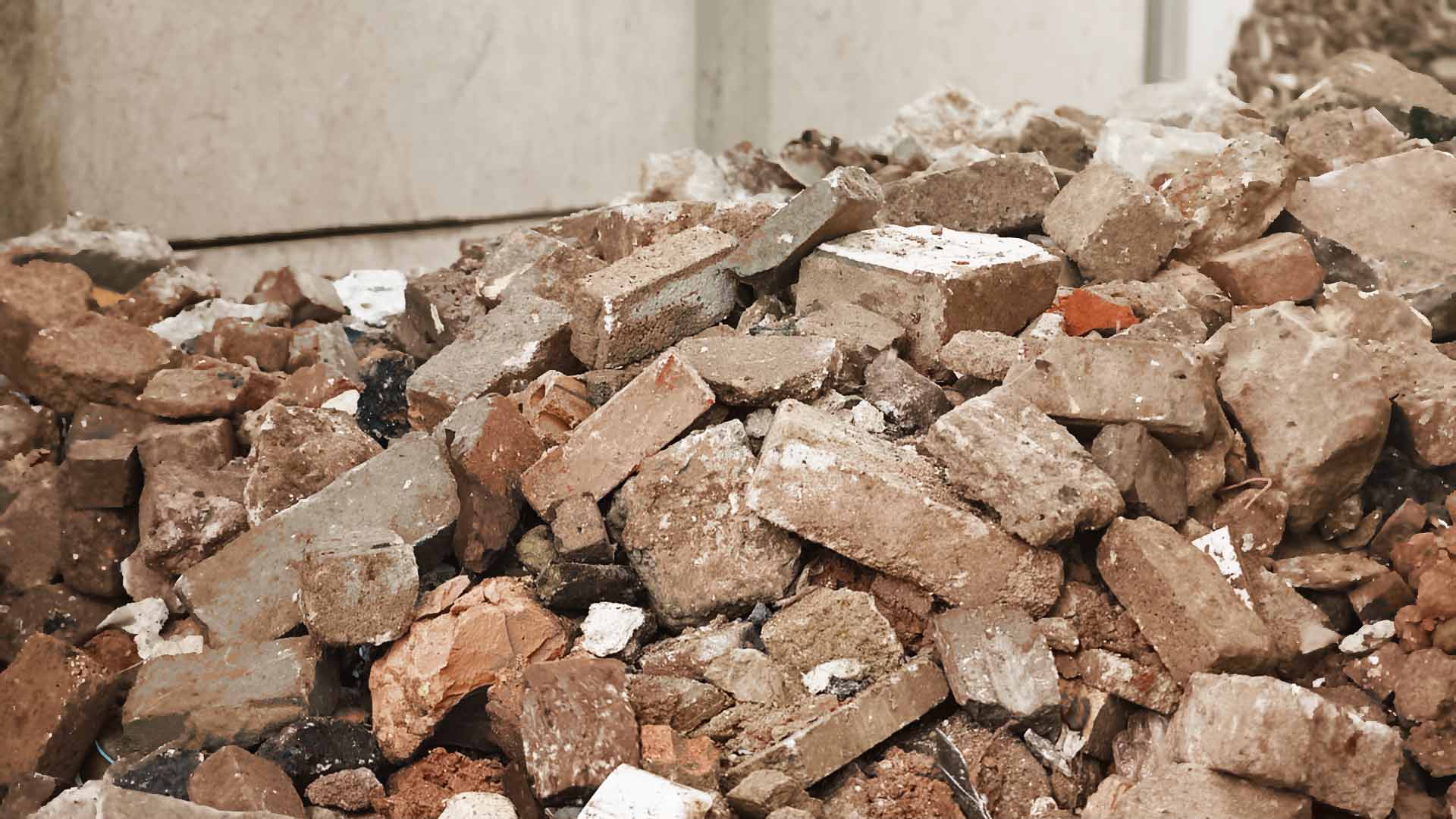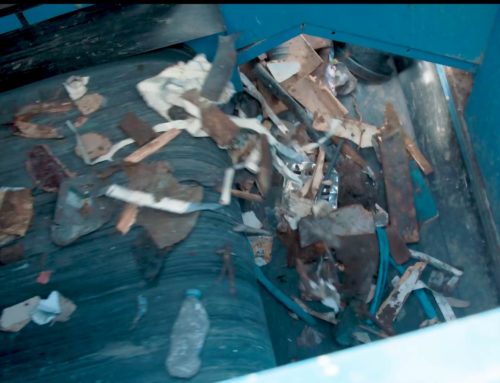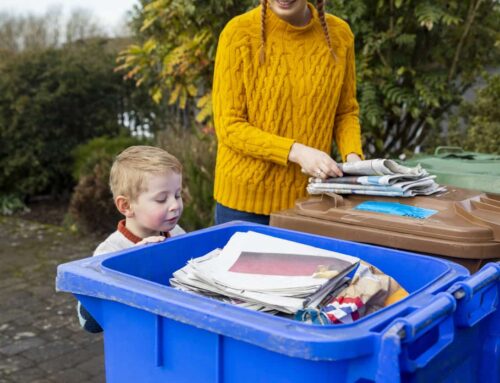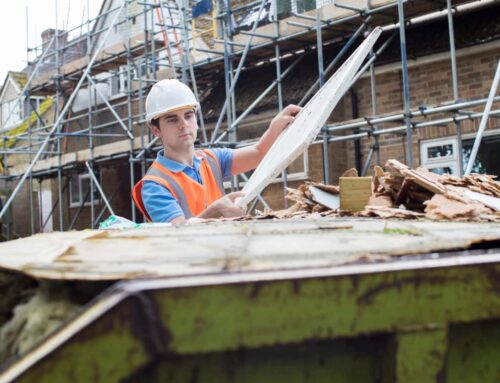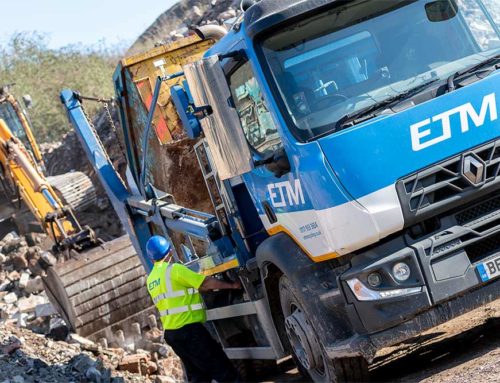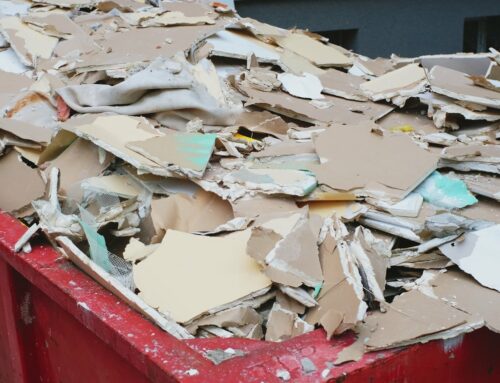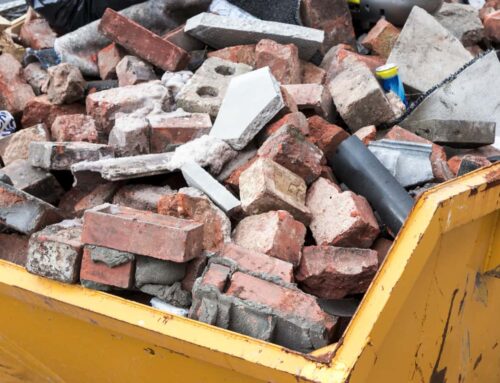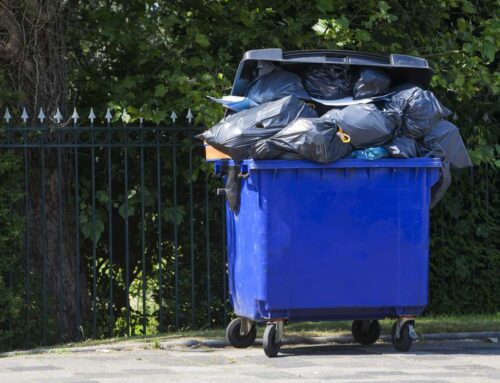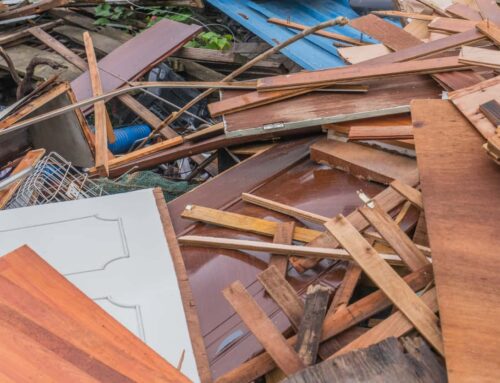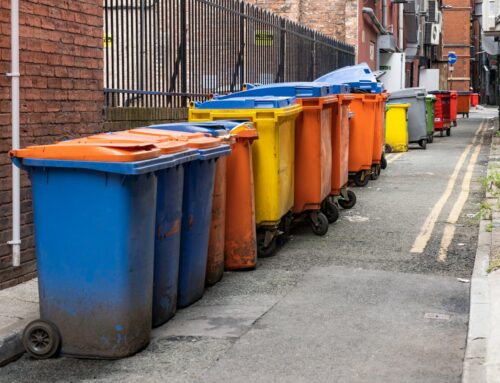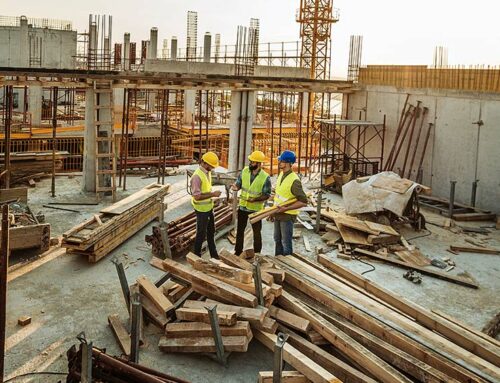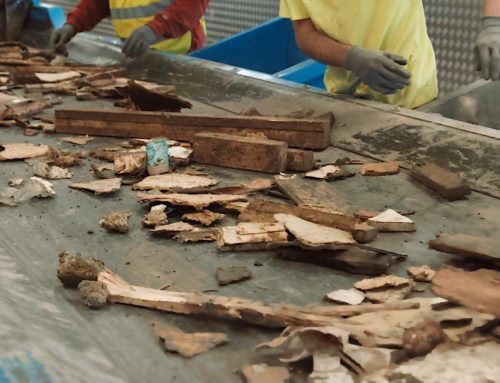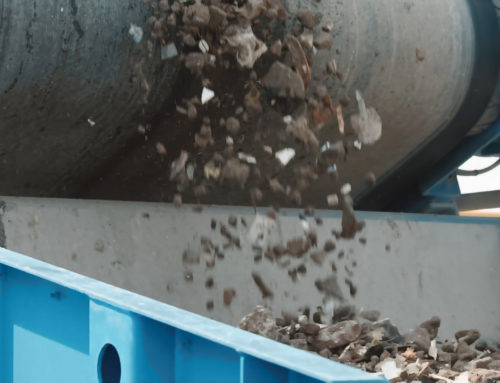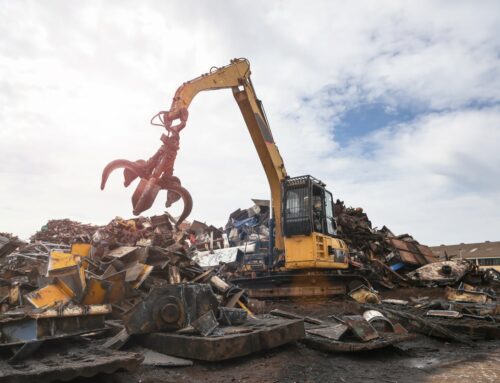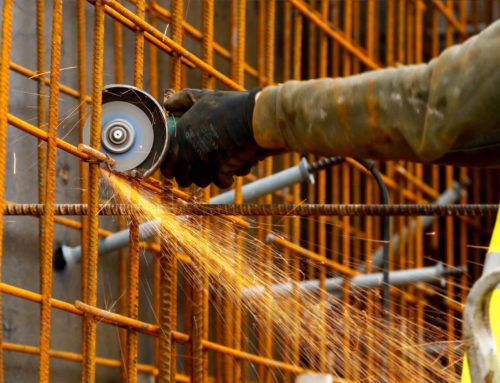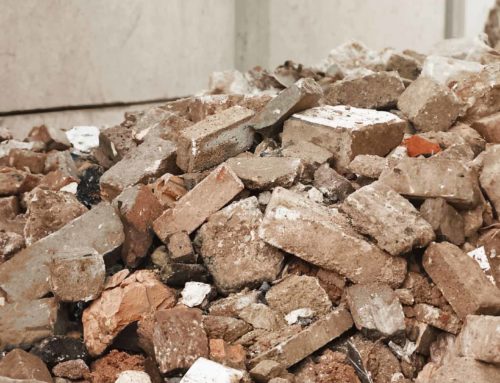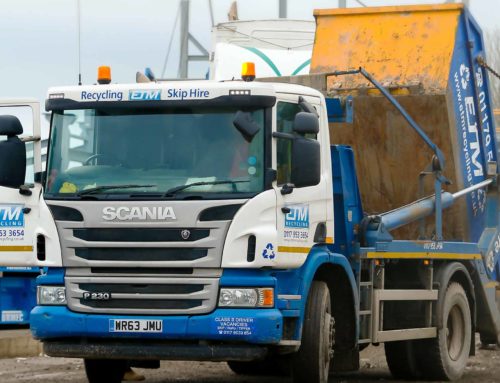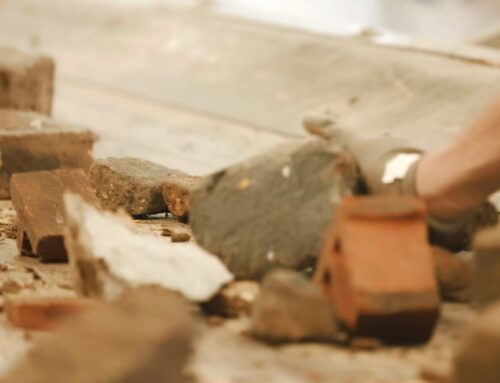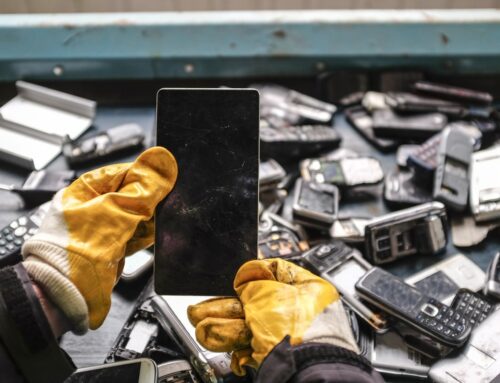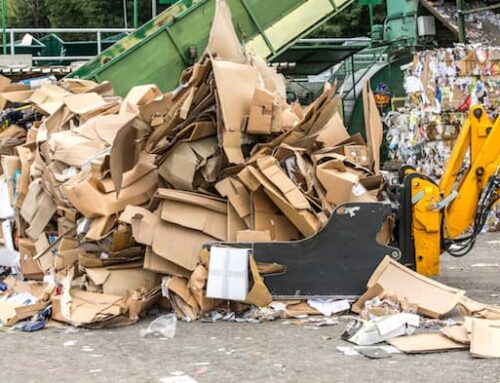This blog from the team here at ETM Recycling provides an overview of construction waste management and disposal.
What is Construction Waste?
Construction waste refers to any waste generated as a result of construction and demolition activities. This can include products of demolition, packaging and any materials that are surplus to requirements.
The construction industry produces a significant volume of waste, all of which needs to be managed and disposed of in an environmentally friendly manner.
Types of Construction Waste
Construction and demolition businesses generate multiple types of waste. A large proportion of this waste is usually inert waste – such as bricks, concrete and stone – which is neither chemically nor biologically reactive and will not decompose.
Non-hazardous waste – such as plastic, glass and metal – doesn’t cause any harm to human or environmental health. Hazardous waste, on the other hand – such as asbestos – can pose a threat to humans and/or the environment and thus requires specialise handling.
Typical construction waste products include:
- Bricks, concrete, stone, asphalt and soil
- Plastic, glass, metal and wood
- Tiles and ceramics
- Metallic waste like cables and pipes
- Adhesives and sealants
- Cement
- Paints and varnishes
- Insulation and asbestos materials
It’s important to be aware of the types of waste your business produces as many materials will be able to be salvaged, reused or recycled.
Importance of Waste Management & Disposal in Construction
There are many reasons as to why construction waste should be properly managed and disposed of.
Comply with regulations
The Waste (England and Wales) Regulations 2011 requires businesses to control and minimise their waste.
Less waste is sent to landfill
Waste management strives to send zero (or at least as little as possible) waste to landfill sites. Landfill sites are well-known for their negative environmental effects so the less waste that ends up at these sites, the better. Preparing for re-use, recycling and recovery are much more environmentally friendly waste management methods.
Conserve finite resources
Effective waste management is vital for the conservation of limited natural resources.
Maintain Health & Safety
Careful handling and segregation of waste will help to minimise the risk of hazards and accidents. Proper waste management will prevent materials from being left in inappropriate places where they could pose a trip hazard, for example.
Save Money
Proper waste management helps businesses to reduce spending as they’ll be reusing materials that have been recovered from previous projects. They also won’t be paying removal costs.
Corporate Social Responsibility
Managing waste helps businesses to limit how much is generated and disposed of. Businesses can also ensure it is properly processed once removed from site.
Improve Reputation
Businesses that demonstrate a commitment to the environment will improve their relationships with customers and clients, as well as potential new ones. Maintaining good standards of waste management can also help businesses to receive funding from the government.
How to Reduce Construction Waste
Businesses are required by law to ensure they are following the waste management hierarchy when managing their waste.
As discussed in our previous blog, the waste hierarchy lists the ways in which waste can be managed from the most environmentally friendly to least. In order of most favourable to least, the methods are:
- Prevention
- Preparing for re-use
- Recycling
- Other recovery (such as anaerobic digestion and gasification)
- Disposal
A site waste management audit should be completed by waste management professionals in order to determine how your construction business generates waste and the amount it generates. The audit will provide a comprehensive understanding of the waste produced by your business, detailing waste volume as well as type.
Following on from the audit, a Site Waste Management Plan (SWMP) should be created. This plan will outline how your construction business plans to manage and minimise its waste.
Generic tips for how you may be able to reduce the amount of construction waste your business generates include:
- Avoid purchasing excess materials/over-ordering
- Re-purpose spare materials for other projects
- Segregate recyclable waste so that collectors can remove and process it properly
Construction Waste Disposal
Certain materials cannot be re-used, recycled or recovered so will need to be disposed of. The best approach to this is to hire skips from a licensed waste management company who will then remove them from your site once full.
Non-hazardous, hazardous and recyclable waste all need to be stored in separate skips.
It is worth noting that for each load of waste that is moved off your premises, a waste transfer note must be provided (it is a legal requirement). This must contain enough information to help the company removing your waste understand how to handle and dispose of it safely.
Construction Waste Management & Disposal with ETM Recycling
If you’re a business in the construction and demolition industry looking to improve your waste management, please don’t hesitate to get in touch with ETM Recycling today. We’re a dedicated waste management, recycling and skip hire company that provides a complete service bespoke to your specific needs.
We’re fully accredited and our solutions are ideal for construction businesses wanting an efficient and affordable way to improve recycling rates, reduce costs and ensure environmental compliance. Contact us today and we will work with you to develop the most cost-effective solution to suit your waste handling needs.
Get in touch today for a free, no obligation quote >
See more: How to Improve Waste Management
See more: What are You Allowed to Put in a Skip?
